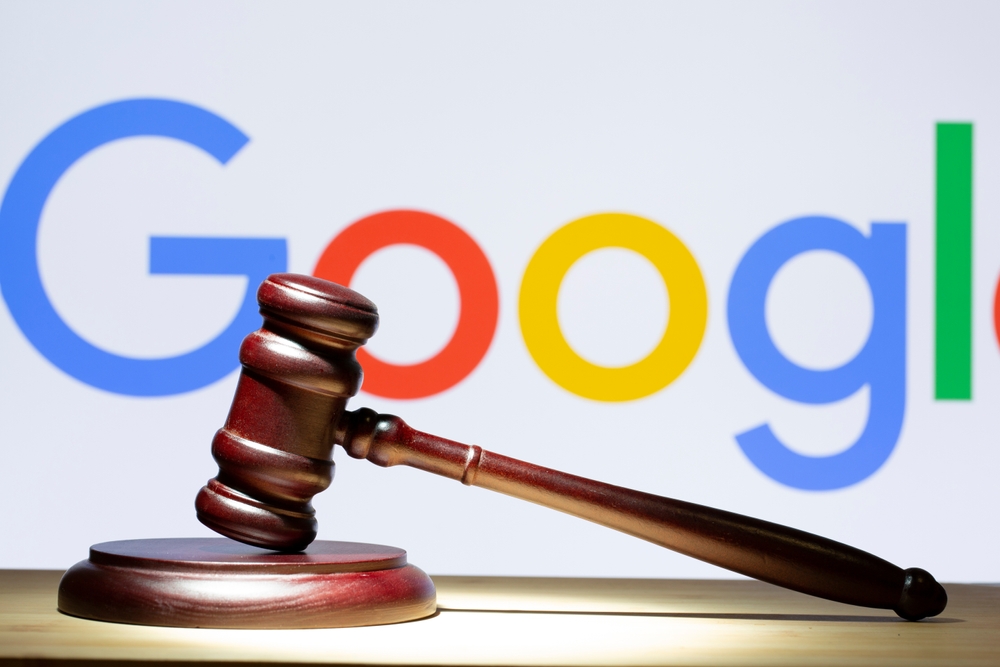In a landmark ruling, U.S. District Judge Leonie Brinkema declared that Google had illegally monopolized two major markets in the online advertising technology space. This decision, made on Thursday, adds to the growing list of antitrust challenges facing the tech giant, which has been under intense scrutiny for its dominance in the digital ad industry.
Google’s Unlawful Monopoly in Ad Technology
Judge Brinkema’s ruling, delivered in Alexandria, Virginia, focused on Google’s dominance in the publisher ad server market and the ad exchange market, which serves as an intermediary between buyers and sellers of online advertising. According to the judge, Google’s practices of eliminating competitors through strategic acquisitions and locking customers into its ecosystem were clear signs of monopolistic behavior.
However, the judge also noted that antitrust enforcers failed to prove that Google had a monopoly in the advertiser ad network market, a key area that could have expanded the scope of the ruling. Still, the decision marks a significant victory for the U.S. Department of Justice (DOJ) in its ongoing battle to curb the influence of big tech companies in the digital ad space.
The Potential for a Breakup of Google’s Ad Products
This ruling could pave the way for prosecutors to push for a breakup of Google’s advertising products. The DOJ has previously argued that Google should be required to sell off its Google Ad Manager, which includes its publisher ad server and ad exchange platform. Such a move would significantly alter Google’s dominance in the online advertising market and potentially reshape the entire ad tech industry.
Google now faces the prospect of having to divest key assets, a scenario that could be decided in two separate U.S. court cases. A trial in Washington next week will focus on the DOJ’s request to force Google to sell its Chrome browser and implement other changes to address its stranglehold on online search. If both cases result in rulings against Google, the company may be forced to significantly alter its business practices to comply with antitrust laws.
Google’s Monopoly-Building Tactics Under Scrutiny
During the trial, the DOJ and a coalition of states argued that Google used classic monopoly-building tactics to eliminate competition in the ad tech space. These tactics included acquiring competitors, locking in customers, and controlling the flow of transactions in the online ad market. Prosecutors presented evidence that Google’s strategy was designed to ensure its dominance in the digital advertising ecosystem, making it difficult for other companies to compete.
In its defense, Google argued that the case focused on the company’s past actions and did not adequately account for the competition it faces today from companies like Amazon and Comcast. Google’s legal team claimed that the digital ad market has evolved, with much of the spending now shifting toward apps and streaming video platforms, areas where the company faces significant competition.
Implications for Google and the Digital Ad Industry
The ruling has far-reaching implications for both Google and the broader digital advertising industry. If the DOJ succeeds in forcing Google to sell off its ad products, it could lead to a more competitive ad tech market, allowing other companies to gain a foothold in an industry long dominated by Google. This would also send a strong message to other tech giants about the potential consequences of anti-competitive practices.
While Google’s stock price may not be immediately impacted by the ruling, the ongoing legal battles and potential breakups of key business units could disrupt the company’s long-term strategy. With the DOJ and other regulators closely monitoring Google’s activities, the tech giant will likely face increasing pressure to change its business practices and reduce its influence in the digital advertising market.
Conclusion: A New Chapter in Antitrust Enforcement
The ruling against Google marks a pivotal moment in the ongoing struggle to rein in the power of big tech companies. As the case moves forward, the broader implications for antitrust enforcement in the digital age will become clearer. With Google’s advertising empire at the center of the storm, the company’s future in the ad tech space remains uncertain. For now, all eyes will be on the upcoming trials and what they mean for the future of online advertising.







